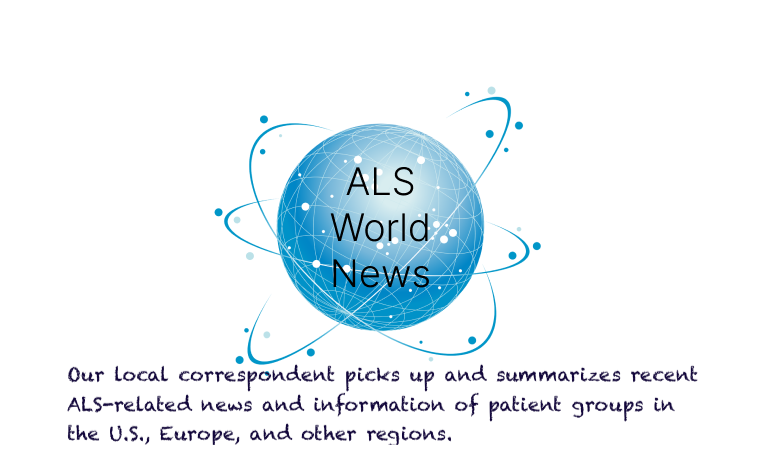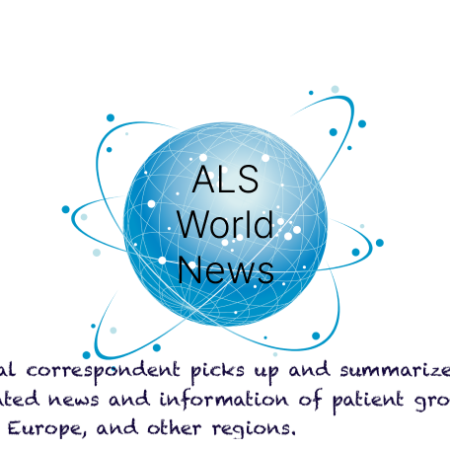ー Possibility of reflecting the association between mental symptoms and ALS risk ー
The results of a study addressing the question in the title were recently published this summer by the renowned Karolinska Institute in Sweden. In this case-control study involving approximately 9,000 participants, it was found that individuals who had taken prescription medications such as anxiolytics, sleep aids, sedatives, or antidepressants had a 34%, 21%, and 26% higher risk of developing ALS compared to those who had not taken such medications.Additionally, individuals who had used these psychiatric medications prior to an ALS diagnosis were found to have poorer outcomes and faster disease progression after diagnosis. However, it is important to note that this association does not necessarily imply causation and does not prove a causal relationship between the use of these medications and ALS. This cautionary explanation has been emphasized by various university research institutes in online medical journals.This phenomenon merely reflects the symptoms and condition of patients who require psychiatric medications, suggesting a comorbidity between psychiatric disorders and ALS, or the possibility that the two distinct diseases may share some pathological connection.
https://jamanetwork.com/journals/jamanetworkopen/fullarticle/2834877
Abstract: The use of anxiolytics, sedatives, and antidepressants was associated with an increased risk of subsequent ALS diagnosis. ALS patients who had used anxiolytics or antidepressants prior to diagnosis had shorter survival times. These results may reflect an association between psychiatric symptoms and ALS risk.According to a case-control study conducted in Sweden, the prescription use of anxiolytics, hypnotics, sedatives, or antidepressants was associated with an increased risk of future diagnosis of amyotrophic lateral sclerosis (ALS) and poor prognosis.
Reported by Nobuko Schlough@ P-ALS in US on July 30, 2025




